I remember early artificial intelligence (AI) in the form of the expert systems that enjoyed a mini-bloom during the 1980s. Although these were vaguely interesting, one was left with a “Close, but no cigar” feeling. At that time, most people were reasonably confident that AI could never match human know-how when it came to something as complex as chess, for example. Then IBM’s Deep Blue beat Russian chess grandmaster Garry Kasparov in 1997.
“Ah well, chess is one thing, but computers will never be able to match a human’s ability for intuition and creative and strategic thinking when it comes to a game like Go,” we said. Then Google’s AlphaGo beat Lee Sedol in 2016. This was the first time a computer beat a 9-dan human professional in a game without handicaps on a full-sized board.
“Ah well, board games are one thing, but computers will never be able to play video games,” we said. Sadly, it wasn’t long before computers were even out-playing us at games like Doom, navigating 3D worlds and dodging incoming fire while learning and predicting the enemies moves prior to giving them a very “bad hair day” indeed.
“Ah well, games are one thing, but computers will never match human expertise when it comes to things like designing electronic systems and generating PCB schematics,” we said. To which I can only shake my head in disbelief while pointing you to the article that starts on Page 16 by Tomide Adesanmi, who is CEO of Circuit Mind.
We certainly do live in interesting times. We can but hope that they don’t become too interesting too soon.

